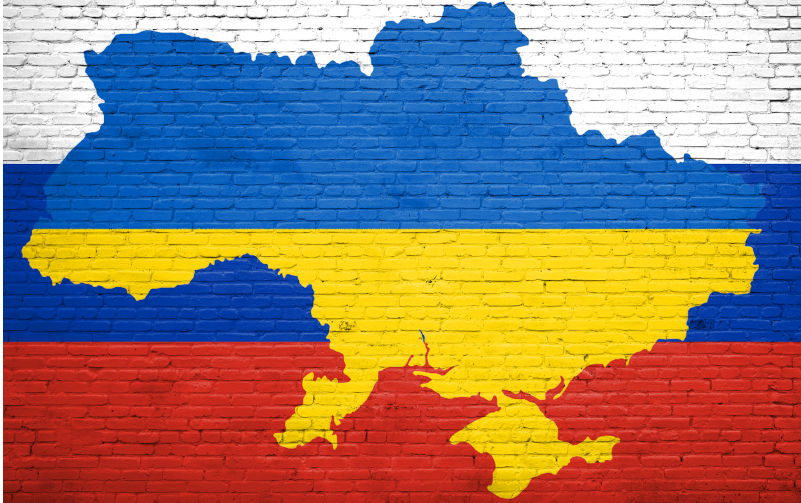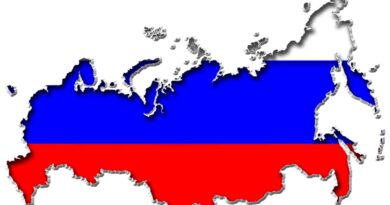Lessons from history: The urgent need for diplomacy in Ukraine

Two years ago, as the conflict in Ukraine escalated, I felt compelled to write about the parallels between this war and previous Western interventions, namely the Vietnam War and the Polish-Soviet War of the early 20th century. It seemed that the world had forgotten the lessons of my young adulthood – that there is a glaring difference between the values U.S. foreign policy espouses and its behaviour, and there is a great danger in escalating conflicts with Russia.
The spectre of McCarthyism
The political tone leading up to the Vietnam War was characterised by “McCarthyism,” a period of rampant anti-communist hysteria that shaped a world of threat inflation. Western interventions were justified by the spectre of an imaginary, monolithic “international communist conspiracy”. The domino theory, which posited that the fall of Vietnam would trigger the collapse of the entire region, was accepted as a premise. Today, we see a similar fear-driven rationale in the exaggerated concerns about Russia’s supposed ambition to “conquer” Europe should the West fail to prevail in Ukraine.
As in the Vietnam War, Western media now frames the Ukraine conflict through a black-and-white lens, portraying Russia as a malevolent aggressor and the West and Ukraine as defenders of freedom. This narrative precludes serious diplomatic solutions and has left the West with endless military escalation as its only option.
The dangers of brinkmanship
Declassified documents reveal that in 1969, Nixon had plans drawn up for a “savage, decisive blow” against North Vietnam, including options for using tactical nuclear weapons. While he ultimately cancelled the plan due to protests undercutting the credibility of his ultimatum, the incident highlights the risks of pushing a nuclear-armed power too far.
The historical parallels between today’s conflict and the Polish-Soviet War of 1919-1920 are striking. In both cases, the West backed a proxy against Russia, underestimating Russia’s capacity to endure and adapt under pressure. Russia, much like the USSR in the 1920s, views Ukraine as a crucial buffer zone.
The illusion of military victory
Today’s Western involvement in Ukraine is driven by a dangerous obsession with defeating Russia or removing Vladimir Putin at all costs. This mindset, echoing the fixation of some Western Ukrainians on distancing themselves from Russian influence, has led both the West and Ukraine to prioritise military solutions over diplomacy, dragging Ukraine into a devastating war.
The idea that Russia seeks to subdue Europe is a dangerous oversimplification. Russia’s actions in Ukraine stem from historical fears of NATO’s eastward expansion and the vulnerability of its borders – a defensive posture consistent throughout its history. Continuing to escalate the conflict risks crossing a nuclear threshold, a lesson we should have learned from Cold War brinkmanship.
The path to peace
If history teaches us anything, it is that diplomacy is the only viable path to peace. The longer the West clings to the illusion of military victory, the more it risks dragging the world toward nuclear catastrophe. Time is of the essence; as the war continues, views on both sides will harden, reinforcing negative preconceptions of the enemy and discounting evidence that might humanise them.
George Kennan’s warnings against NATO expansion serve as a sobering reminder of the dangers of pushing Russia too far. As Kennan understood, refusing to engage in diplomacy leads only to prolonged conflict and unnecessary suffering.
Ukraine needs diplomacy, not more weapons or further escalations. Continuing down the path of escalation will only deepen divisions within Europe and further isolate the West in a rapidly changing world order. A protracted war will lead to a devastated Ukraine and a West weakened by its own hubris, facing a Russia with strong support from China and the Global South.
Facing reality
The West must now face a difficult but essential reality: Ukraine cannot achieve a total military victory, and gambling with nuclear conflict is an unacceptable risk. For the sake of Europe and the world, the time for diplomacy is now. The West must recognise that its own interests are best served by a negotiated settlement that addresses the legitimate security concerns of all parties involved.
As we reflect on the lessons of history, let us remember that the pursuit of peace is not a sign of weakness, but a demonstration of wisdom and courage. It is time for the West to step back from the brink and embrace the difficult, but necessary, work of diplomacy. Only then can we hope to build a more stable and peaceful world for future generations.


